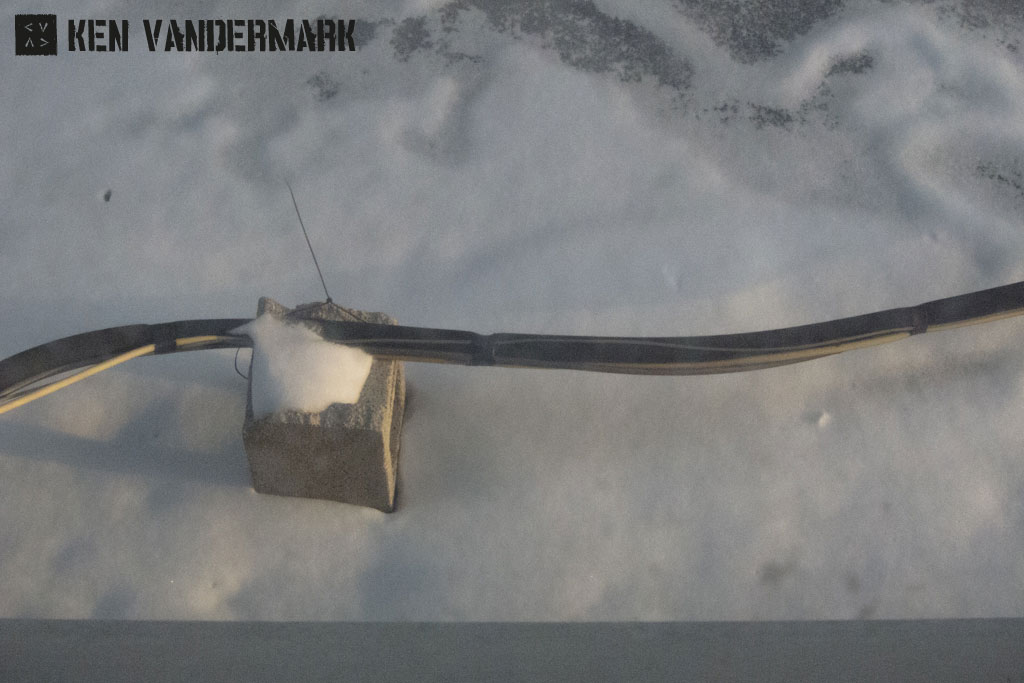

Beauty in Free Jazz
AAJ: A friend once asked what I thought was a pretty good question: With respect to free jazz, where are the romantic love songs?
KV: [chuckles] The romantic love songs? This comes back to the way the music is heard and received. Without question, again to use Peter Brötzmann as an example—because he’s someone that’s so often associated with the kind of aesthetic he presented on Machine Gun and so often gets categorized as this, like, hard-blowing, Teutonic kind of musician when in fact he’s much, much more than that— I think that he’s an example of someone who has quite a bit of very beautiful music in a conventional sense of what that word may mean to people…and his album 14 Love Poems, there are things on there, without question to use one example, that are extremely, extremely beautiful.
In all the kind of music I like, there’s a kind of raw, edgy character and I would put Billie Holiday in that category. I think that to me, the kind of emotional directness in her music, and particularly in her later singing when her, her instrument had been so damaged, there’s an immediacy to her music that I connect with the music of Albert Ayler. Certainly they don’t sound the same but the content, the power of expression, the directness of expression, to me there’s a relationship and I would say that Albert Ayler has a lot of music that’s extremely beautiful, in a way romantic in the sense of expression as a means to change people’s perception in that way. So yeah, I think there are a lot of examples of that music, or that kind of approach to the music, that content in the music that’s being made now. I think that the issue, once again, that people have to be willing to let down their guard and receive it in the way that it was created, the kind of sets of intentions it was created for and not expect to hear a Lester Young ballad when they’re listening to Albert Ayler, but that they would hear something else equally as powerful and emotionally resonant.
AAJ: Earlier you said that in terms of recording, your goal was to present the music as it would be heard if it were being played live on stage. On Territory Band-4’s Company Switch, there’s a section that was overdubbed, does this signal a shift in your thinking?
KV: Not really. You’re talking about where Lasse recorded a separate track and we dumped it in?
AAJ: Right.
KV: Yeah, that was more an effort to, to create a solution to the problem, and the problem being that we had this really strong take of music except for this section where his equipment failed. So rather than get the entire ensemble to do another version of the piece which may not have been as strong for whatever set of reasons, it seemed to make sense to take the few minutes that involved Lasse and come up with a way to get the music to work as a whole. In that particular situation, the idea of having him, rather than hear the music and relate to something that was prerecorded, just do something completely spontaneous without any reference point…which was totally not the way the piece was designed and not the intention initially, but created a surprise which for me is a big part of what the music is about. In that particular case it seemed to be the best solution to the problem but normally, I would say 98% of the time the goal is to perform the music as I would in any circumstance and get a recorded document of that if I’m in the studio and very rarely at this point would I want to alter what has been done. In that particular case, “Local Works,” that was the way to solve the problem that I hadn’t expected. So an unexpected solution, I guess, and somewhat ironic if I made sense.
AAJ: In a way, it’s the exception that proves the rule?
KV: Yeah, I would say so [laughs].
© 2024 Ken Vandermark – musician & composer | Disclaimer